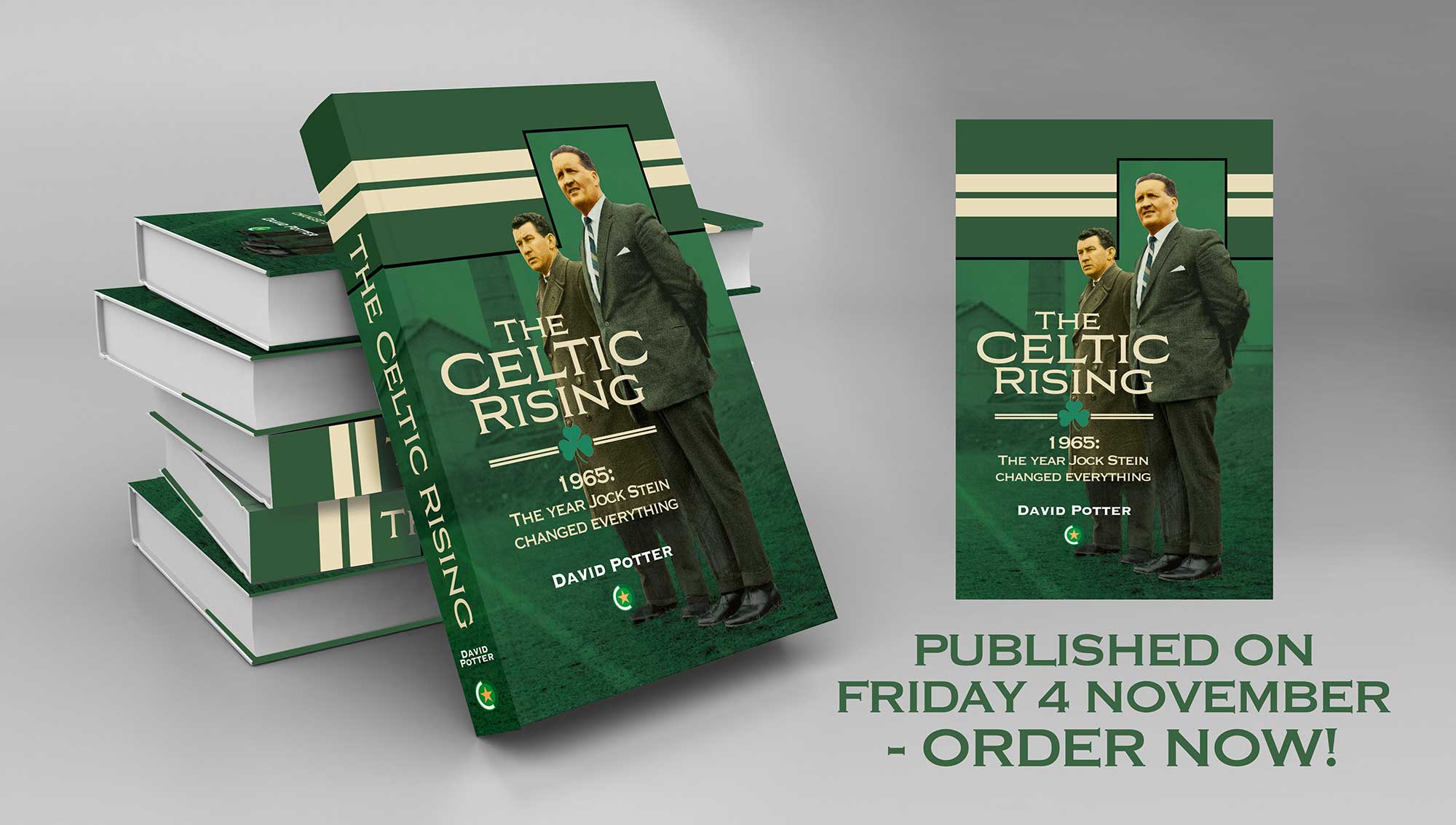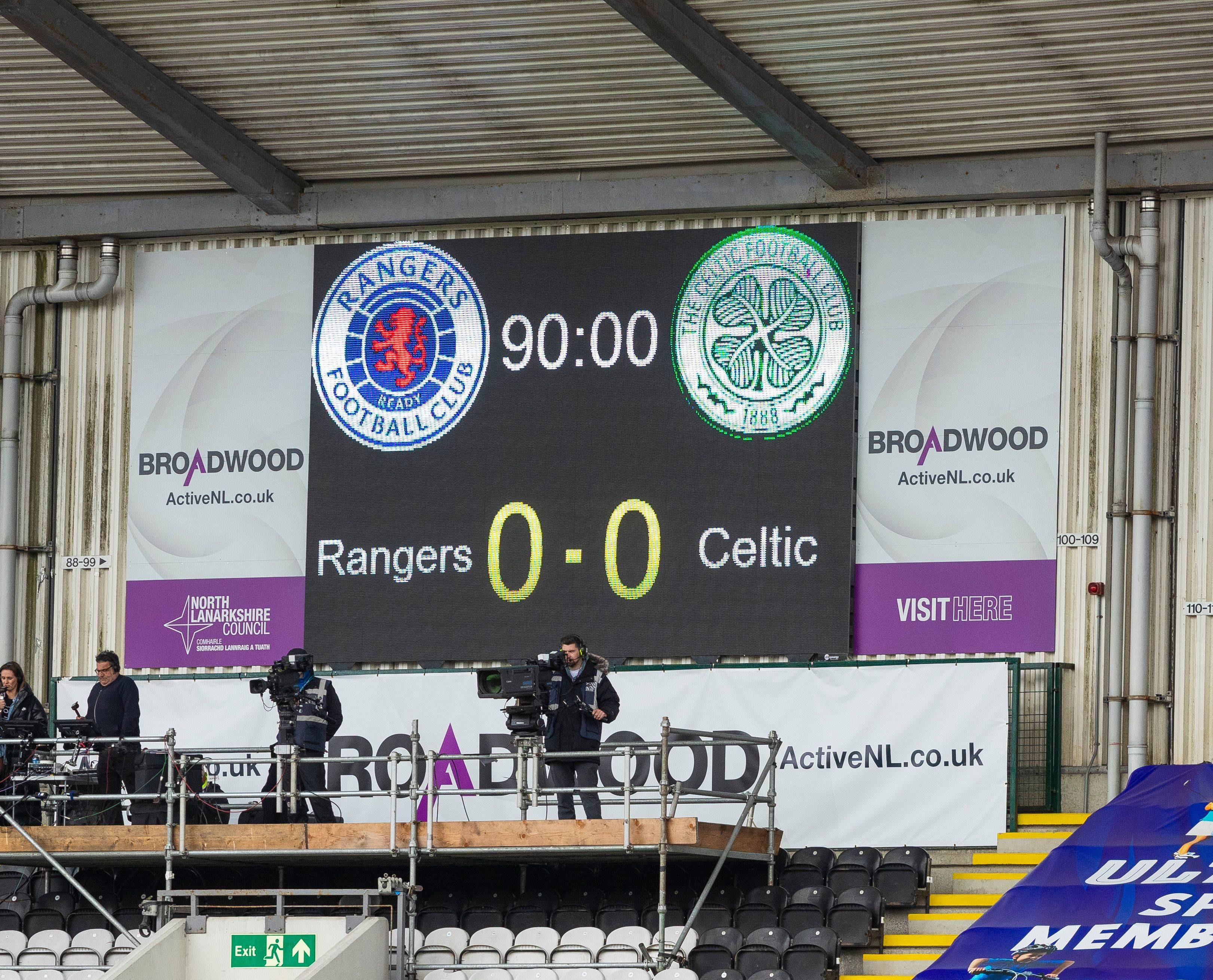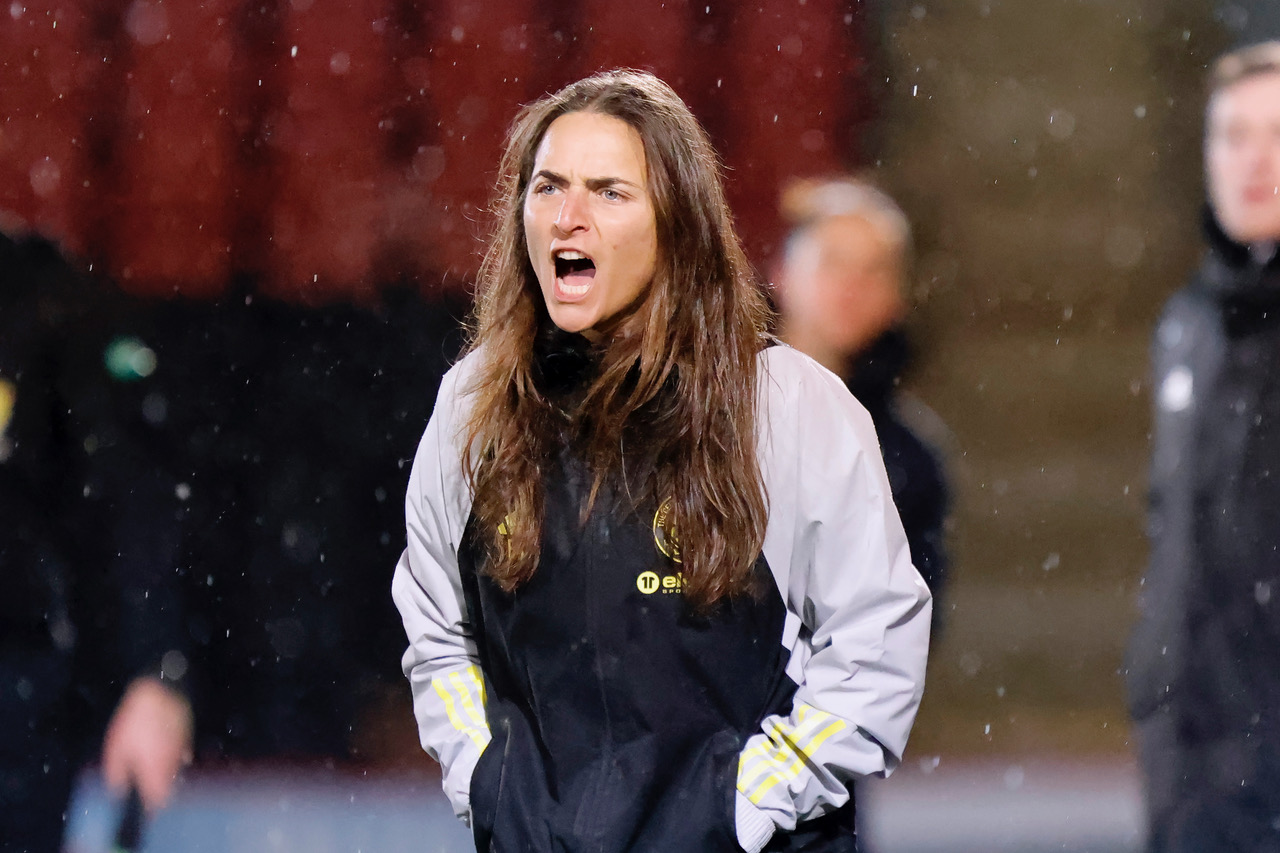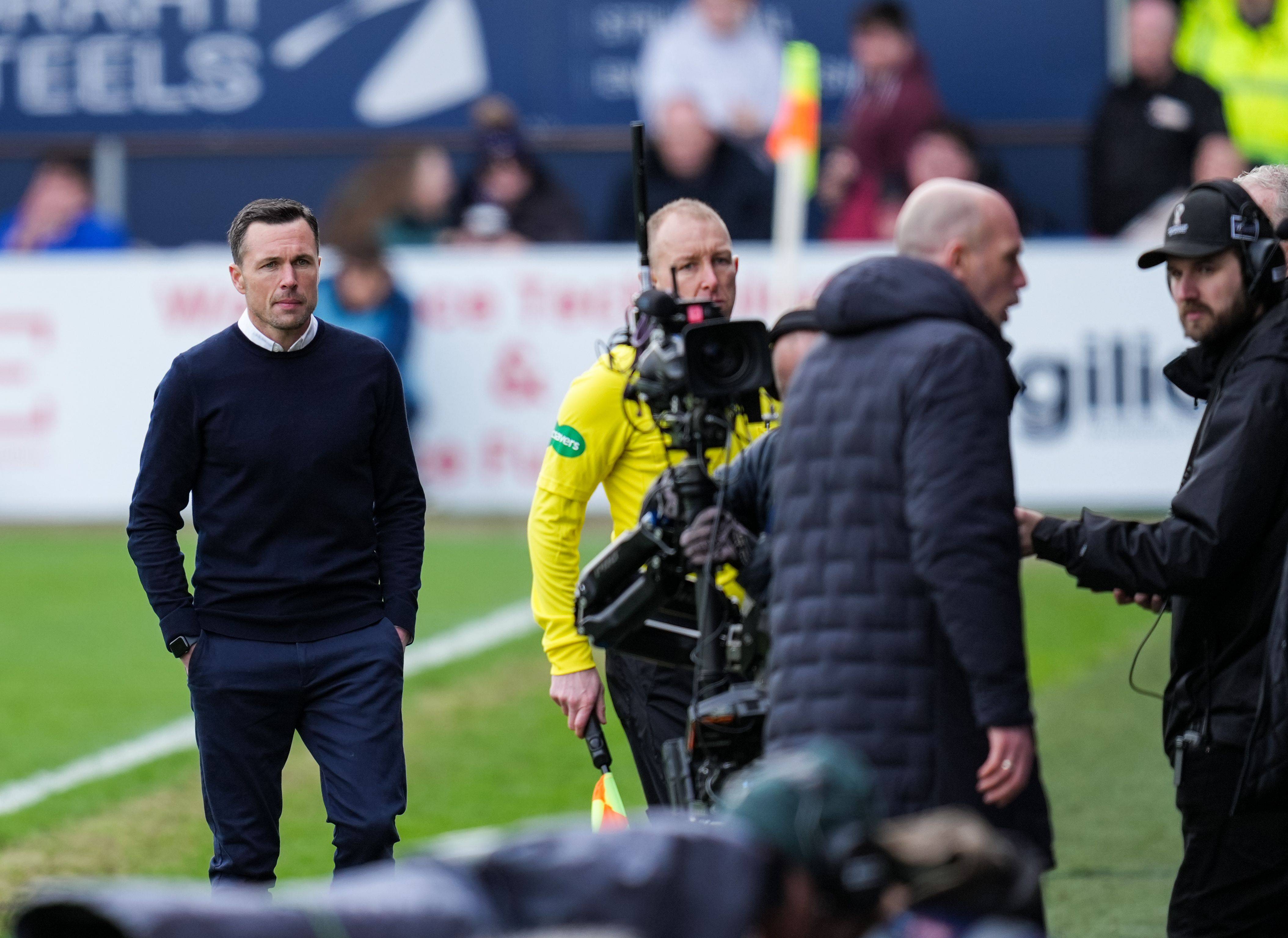Willie Maley talked to his brother Tom at the post-match dinner, and Tom agreed that Young was worth persevering with – “Efter a’, even wi’ Meredith playing, we didnae score!”. This was a reference to the great Billy Meredith of Manchester City and Wales, and arguably, the best player in Britain. Some of Tom Maley’s contacts in Bristol had also talked highly of him.
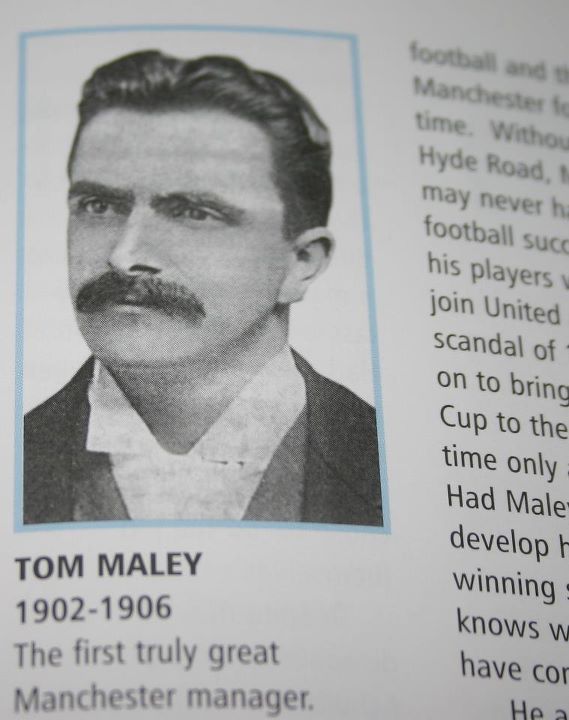
Young may have tamed Billy Meredith but he was still technically a Bristol Rovers player, and immediately after this game, all three aspirant Celts had to return to Bristol to play in the Gloucestershire Cup Final against city rivals Bristol City at St John’s Lane, then the home of City. This took place on Wednesday 29 April. It was the third game, the other two having been drawn, but on this occasion, Rovers made no mistake, winning 4-2 and the three Scotsmen earned themselves a medal each with Young having an outstanding game at centre half.
The medal whetted Young’s appetite. He was a professional football player and needed more money, for he intended to marry Florence Coombs, who was now beginning to suspect that she was “expecting” a baby. She said she would be happy to go to Scotland with him. He still wanted to return to Scotland, and after winning the Gloucestershire Cup did just that.
He talked to Maley again. Maley offered all three men from Bristol terms. They accepted happily, on a part-time basis initially, and this suited Young, for he would be able to resume his trade as an Iron Turner in Kilmarnock, just in case his footballing career did not work out.
Young promised Maley that he would work on his football, because “I want tae win medals, just like the Gloucestershire Cup one”.
”That’s the spirit”, thought Maley, “I can go places with young men like that!”.
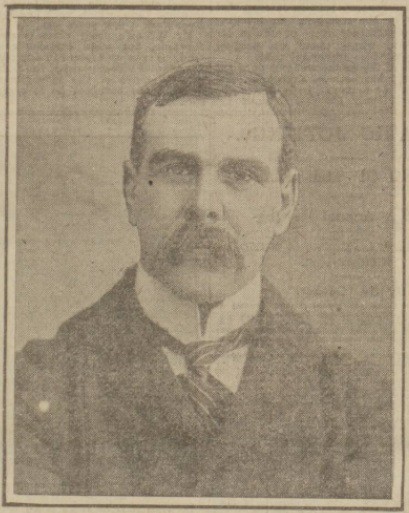
Maley then asked what his plans were about houses etc., offered his help if necessary, and hoped that he would have a long and bright future at Celtic Park. Both men shook hands, but neither of them quite realised how long and how bright it was going to be.
“Man In The Know” in The Glasgow Observer of 9 May is distinctly unimpressed by all this. “I don’t think much of Celtic’s English captures. These three Bristol men – Muir, Graham and Young were reputed to be clean done (sic) before they left Scotland…I really fear that unless the Parkhead managers have a few better arrows in their quivers, there will be another season of disappointment for Celtic supporters.”
He was however impressed by Bennett from Rutherglen and “Allan McLeod, the Dunfermline youth”, but it is clear that “Man In The Know” is going through an unhappy phase of his life, for he says that the season just ending has been a “beastly bore” and then goes on to state that supporters “wear a depressed air of chronic sadness born out of the conviction that only through sheer force of habit are they wasting an afternoon in watching fifth rate football”.
It is of course not uncommon for supporters of teams who have had an unsuccessful season to complain about the general standard, and one feels that “Man In The Know” pessimistic outlook on life has a great deal to do with the poor performances of his beloved Celtic, rather than the standard of football in Scotland as a whole.
As to who “Man In The Know” was in this Roman Catholic newspaper which talked about Celtic most of the time and the other teams as a sort of afterthought, no-one knows. Some thought it was Tom Maley, Willie’s elder brother; others thought it was the rising Labour politician John Wheatley. The truth was possibly that it was simply the Oberver news staff getting together and concocting a piece.
The next few days after Young signing for Celtic were spent in arranging the “flitting” – a complicated business from Bristol to Kilmarnock (he had decided to stay in his home town, rather than Glasgow) and also training hard. His next game was also a friendly at Ayr on the night of Wednesday 13 May when most of Scotland was thrilled about the Royal Visit to Glasgow and elsewhere of King Edward VII and Queen Alexandra.
A great deal less prestigious was the 2-2 draw at Ayr in which Young actually scored what may well have been his first senior goal. A centre half scoring was of course quite common in Edwardian football, for he was expected to go “up” whenever he had the opportunity as an extra forward and leave the defending to the full backs and the half backs.
Young was then delighted to find that his name was on the team sheet for the Glasgow Charity Cup game against Hibs against Parkhead. (The Glasgow Charity Cup had been expanded this season and included quite a few non-Glasgow teams with the laudable attention of raising more money for the victims and their relatives of last year’s Ibrox disaster fund, when a stand had collapsed at the Scotland v England game).
Thus it was that Young found himself playing his first competitive game for Celtic against this year’s Scottish League Champions and winners of last year’s Scottish Cup – Hibs.
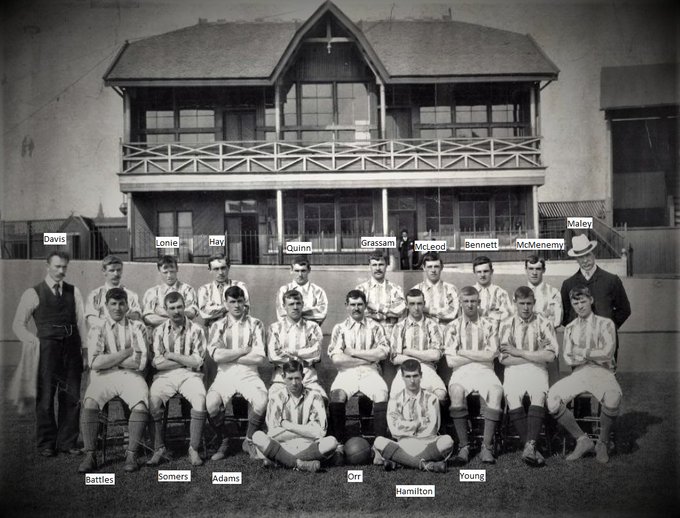
To be continued…
David Potter

